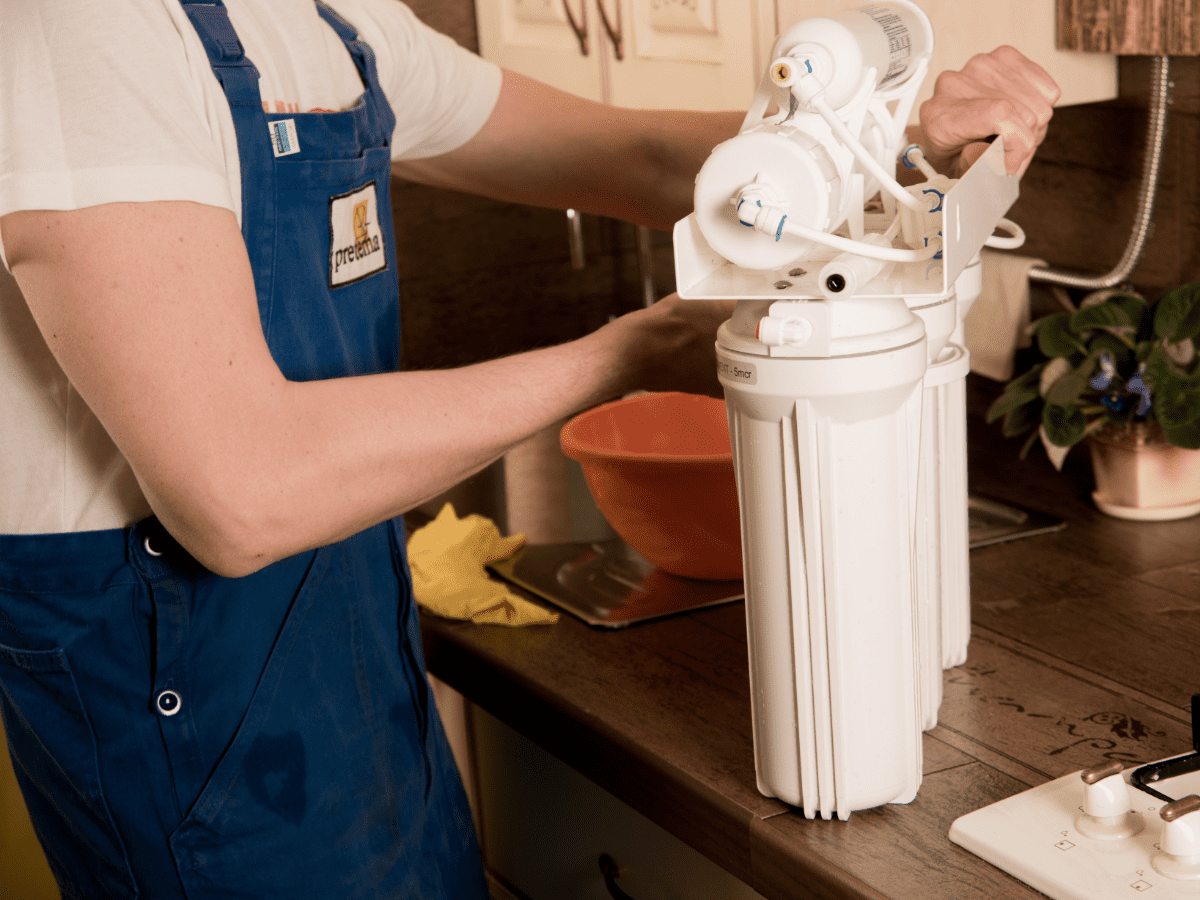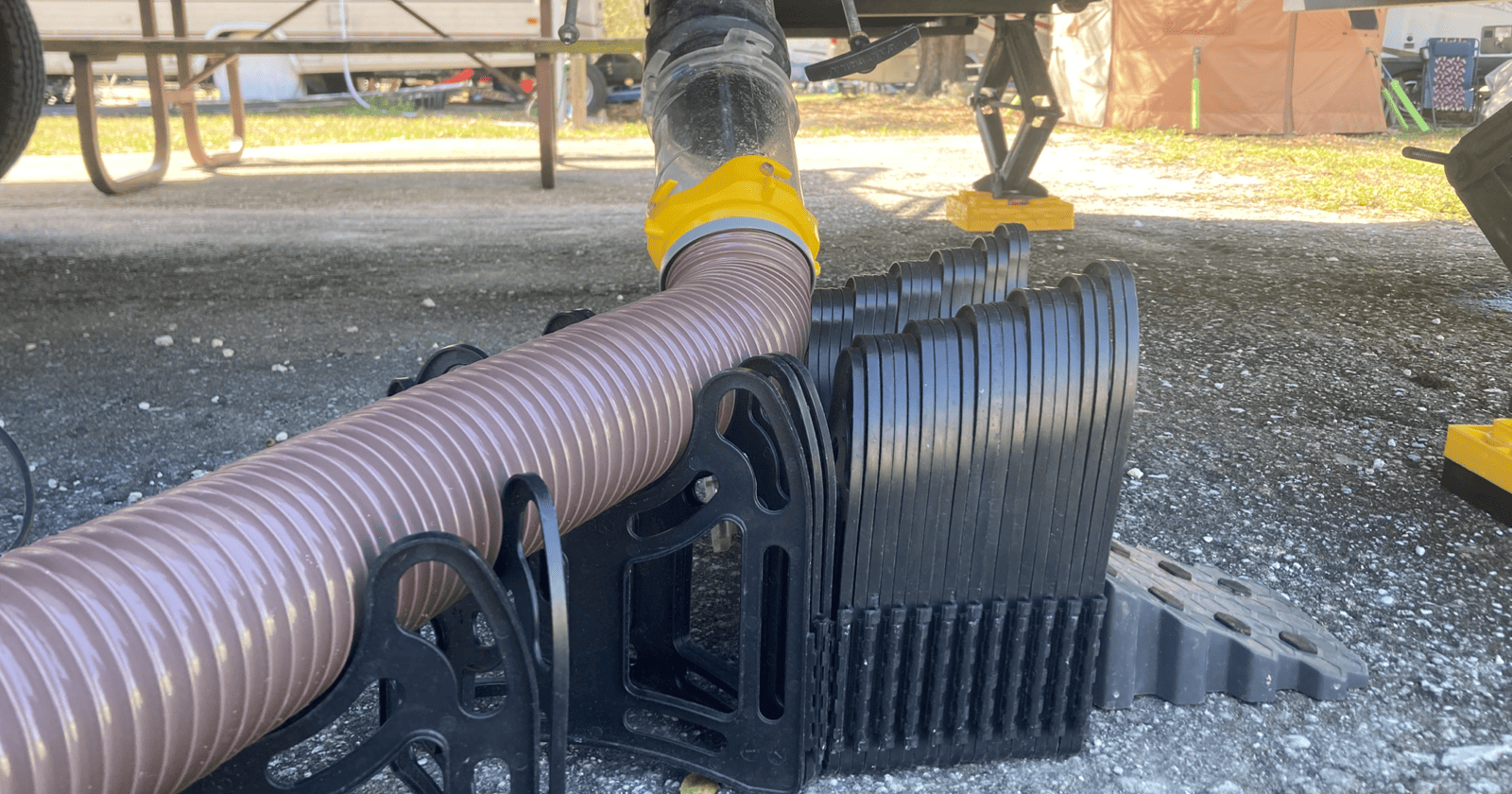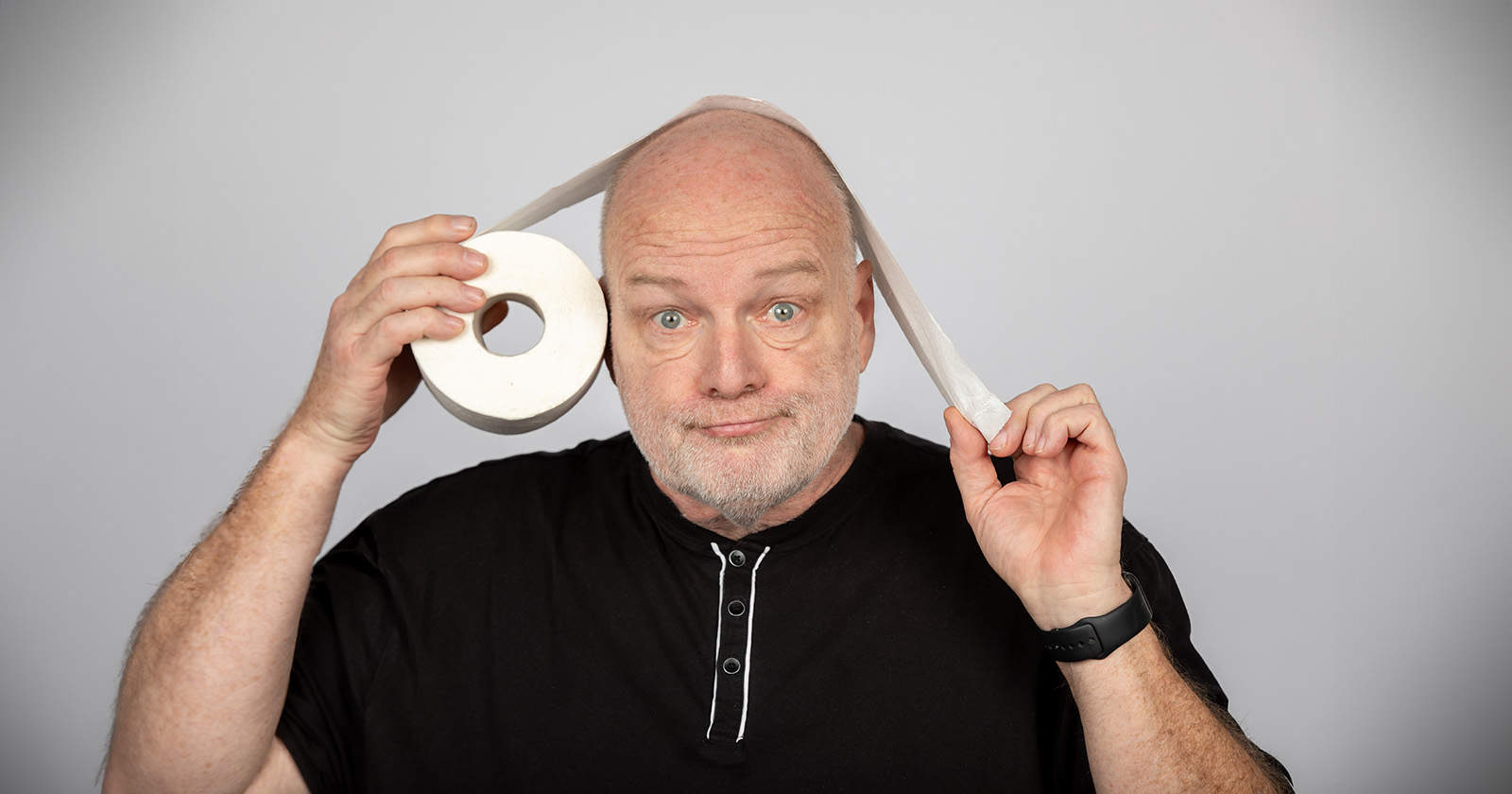Every RVer Should Use Some Kind of Filtration
The key to setting up the best water filter for your RV is to consider your needs, research, and then decide what elements are essential. Here is a quick beginner’s guide to RV filter systems to help you “navigate the waters.”
Filtering the water in your RV isn’t as simple as putting on a water filter and calling it a day. There are endless options when creating a water filtration system, which can easily confuse. You can filter water before it goes into your RV or before it comes out of the tap. You can filter for sediment or microorganisms. Then there’s reverse osmosis, UV lighting, water softeners… the list goes on.
Why Do RVs Need a Water Filtration System?
Across the country, you’ll find hard water, soft water, and everything in between. Unfortunately, there are all sorts of potential contaminants that you may find in the water at RV parks like:
- Chemicals added by the city
- Bacteria from well water
- Heavy sediments or metals that can clog up your RV systems
That means an RV water filter is essential to ensure that you and your family don’t get sick and that your RV doesn’t experience plumbing problems.
Everyone who owns any camper should have some level of water filtration in place, especially before consuming it. However, specific needs will depend on how much time you spend in your camper and where you’re sourcing your water.
Key Components of RV Water Filtration Systems
An RV water filtration system comprises all the devices installed to eliminate impurities from the water you pump into your rig.

It might take you some trial and error to create the ideal water filtration system based on your RV and your specific needs. The two main things you’ll want to consider are:
- How often you use your RV
- Where you’ll be spending your time geographically
People living in their RV full-time will likely want a canister filtration system for easy access to clean drinking water. Weekend warriors might find it easier to use a countertop pitcher.
Depending on where you spend most of your time camping, you might be dealing with hard water. Hard water can affect everything it touches, from plumbing to your hair and skin. While showering with hard water a few days out of the year might not be a bother, full-time campers may consider this a major issue.
Not every RV needs to include every single component listed below. You’ll have to consider your situation and decide which components are necessary for you. Specific regions might even have impurities that require specialized filters.
Water Pressure Regulator
While a water pressure regulator doesn’t actively contribute to filtering your water, it is still a crucial part of your RV water filtration system. You never know how a campground’s water pressure will be. If you attach a hose to extremely high pressure, you risk damaging your RV’s plumbing system.
Camco RV Brass Inline Water Pressure Regulator: This pressure regulator is inexpensive, compatible, and reliable. It lowers water pressure to a safe 40-50 psi and is compatible with standard garden hose threads.
In-Line Water Filters
In-line water filters attach directly to the hose to filter water while pumping it into your RV and are considered external filters. They use a carbon filtration system to remove unwanted chemicals through absorption. This improves the water’s taste and smell.
While these water filters tend to be less expensive and easily installed compared to other options, there are some downsides. Most are made using loose carbon, which is only rated at 20 microns and allows many contaminants to pass through. This option is suitable for those who only use their RV a handful of times per year. You could supplement this filter with a filter pitcher to guarantee clean drinking water.
Camco TastePURE Inline RV Water Filter: This inexpensive filter features a Kinetic Degradation Fluxion (KDF) filtration layer to prevent bacteria growth and a Granular Activated Carbon (GAC) filtration layer to reduce the bad taste and smell of chlorine.
Canister Rv Water Filters

Full-time RVers who have space to install a canister RV water filter will appreciate the level of filtration that can be achieved with this system.
Canister systems are internal filters that are customizable based on your needs. You can have as little as one canister or even up to three. They also make standard canisters or jumbo that offer a better flow rate.
Each canister can be used with a specific filter that you can choose based on what contaminants are in the water. This creates a multi-stage water filtration system. When using multiple canisters, the first one should have a sediment filter, and the second one should have a carbon block filter.
If you have a third canister, you can select a specialized filter based on specific water issues in your location. Some specialty filters include cartridges that remove iron, manganese, fluoride, or nitrates. Some cartridges act as an alternative to water softeners.
Clearsource Ultra RV Water Filter System with VirusGuard: This three-stage filtering unit has a sediment filter, carbon block, and an exclusive VirusGuard developed by NASA to remove or reduce bacteria, cysts, and viruses.
Reverse Osmosis Filters
If you’re looking for the absolute purest water possible, you may consider a reverse osmosis system. While these units can be pretty expensive, they filter water better than any other option. You’ll need to run water through a sediment and carbon filter before the reverse osmosis canister to preserve the expensive filter.
The reason why more people don’t use reverse osmosis filters in their rigs is because of the massive amount of waste. Reverse osmosis filter systems only clean about 30% of the water, meaning about 70% goes straight down the drain. This low output also means your water pressure will be very low.
Frizzlife RO Reverse Osmosis Water Filtration System: With a small design, this osmosis water filter will fit under the sink and combats some of the typical downsides of this type of filter. It is intended to produce much less waste and maintain good water pressure.
Ultraviolet Water Purification
Once you’ve filtered out all the chemicals and sediment from a water source, there’s a potential for bacteria, viruses, and other microorganisms to have made it through. Killing these microorganisms will help prevent illnesses. This is considered purification, not filtration, because you’re killing the contaminants instead of removing them.
Acuva- ArrowMax 2.0 UV-LED Water Purifier: This water purifier works well even with low pressure and fits under the sink, purifying water at the source. It will improve your RV drinking water’s taste, odor, and safety.
Water Softeners
Living or camping in an area with hard water can leave mineral buildup throughout your RV. This can eventually lead to clogs in the plumbing or damage your appliances. The best solution for RVers dealing with hard water is to use a portable water softener. These devices will need to be “recharged” with salt to continue to work over time.
On The Go OTG4-DBLSOFT- Portable 1600 Grain RV Water Softener: Specifically made for RVs and boats, this model is compact, easy to use, and connects with a standard garden hose. It’s meant to produce twice the gallons compared to similar models on the market.
Water is an essential part of life – and essential to RVing. Ensuring you have quality water can be achieved with an RV water filtration system.
What’s your water filtration setup like? Let us know in the comments.





When I looked into some of the common brands, NONE of them could provide independent lab tests using validated methods to prove their product claims.
The only water filter I intend on needing/using is a batch of sand. This is not to purify water, it is to clear out anything in the water to make it clean. Doesn’t matter if it is potable or not, I will only use as is for showers and such. The water to be used for cooking and drinking will be run thru a still and distilled. Yeah, you can also make moonshine with the same still, but it will not be used for that, only distilling water. Main reason, I do not trust water filters to get everything. So, I’ll play it safe. Plus, after the initial cost, you won’t be buying anything else for the still, they can be heated on a stove, electric or otherwise, but I will make a stand where wood can be burnt to heat it. If you are knowledgeable even solar heat is possible, but you can’t always count on sunlight so I’ll pass on that option.